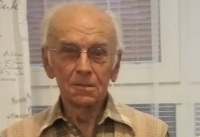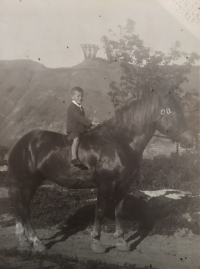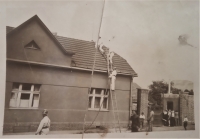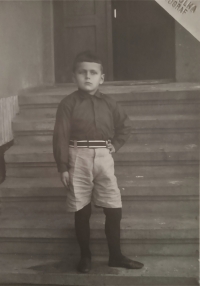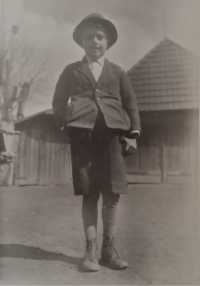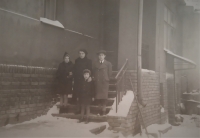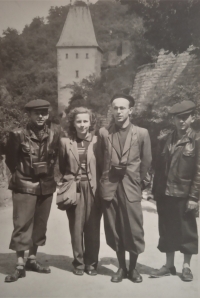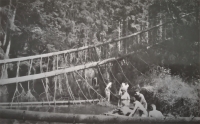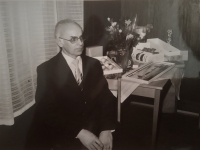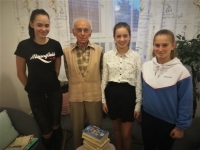We built a Sokol centre made of bricks from Kladno mines

Stáhnout obrázek
Josef Hora was born on February 24, 1928 in Újezd near Kladno. His family farmed on land near the expanding Kladno smelter Poldi. Josef went to Sokol from 1935. He had a sister and a brother, their father died in 1936. In 1939 the family built an apartment building no. 966 to invest money in uncertain times of war. In 1943, the family was evicted from the farm due to the expansion of the Poldi smelter, and Horas received compensation in the form of securities deposited with the State Bank. In May 1945, Josef Hora experienced the liberation by the Red Army. In the years 1943 - 1947 he graduated from the Secondary Industrial School in Kladno. He participated in XI. All-Sokol Rally in 1948. After 1948, the family was given the securities that it received in 1943 as compensation for the confiscated farm and land. Until 1950, Josef worked in the company Hrabě Lozovský in Zličín, then for almost 40 years in Polda Kladno as a clerk in the Production and Dispatching Department. He got married in 1954 and had two children. In 1962, his family was forced to move out again, this time from house no. 966; the family received for the house and land only about a fifth of the estimated price. Josef has been retired since 1988 and is devoted to his family, hiking, traveling and practicing in Sokol.
